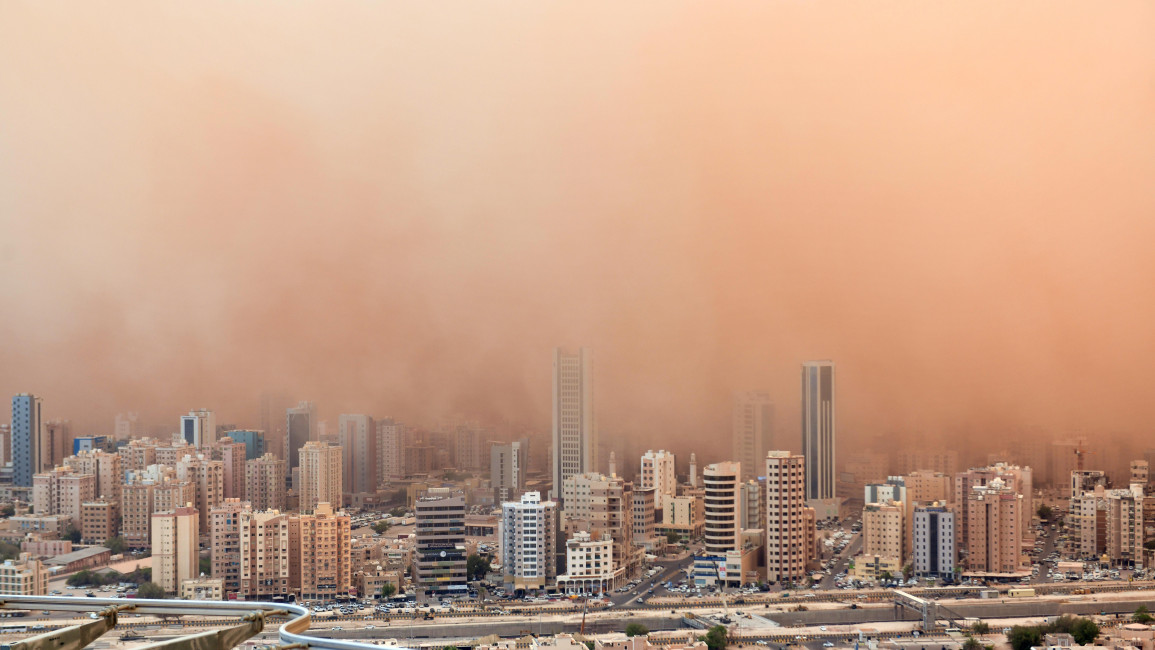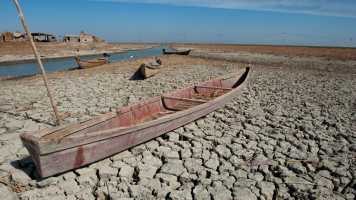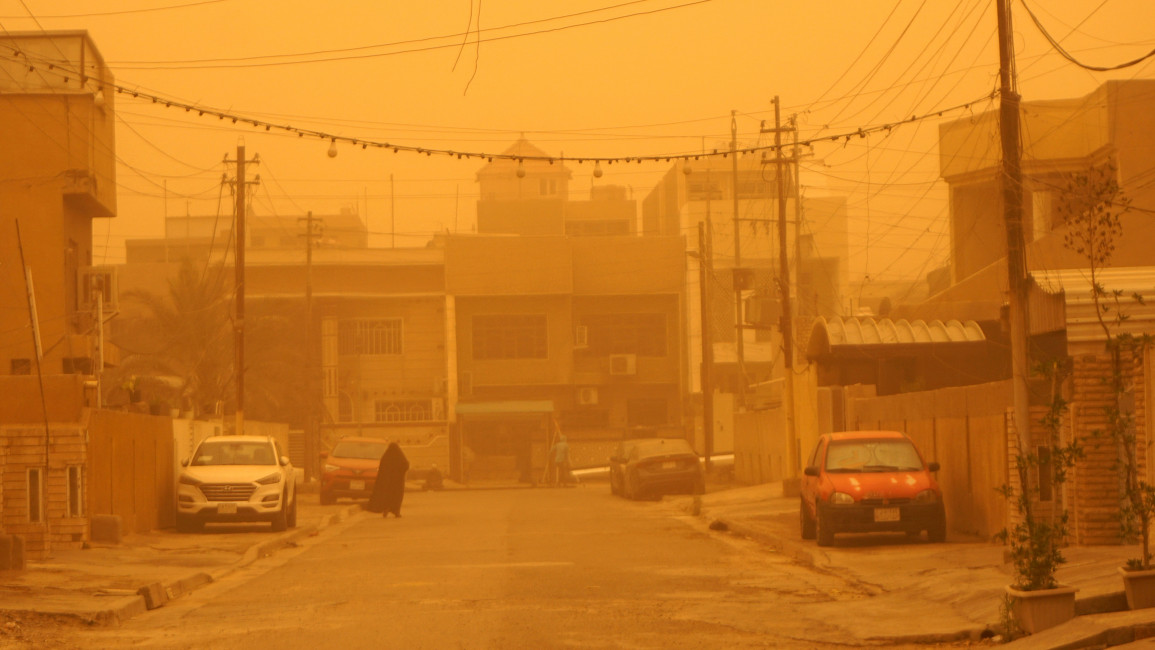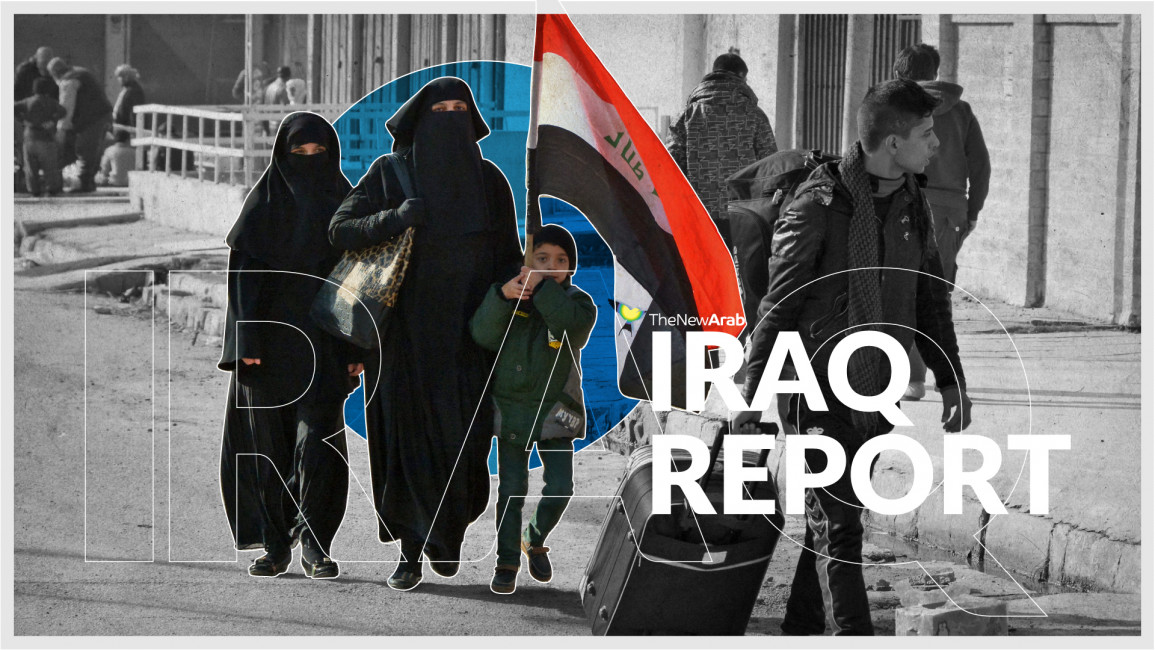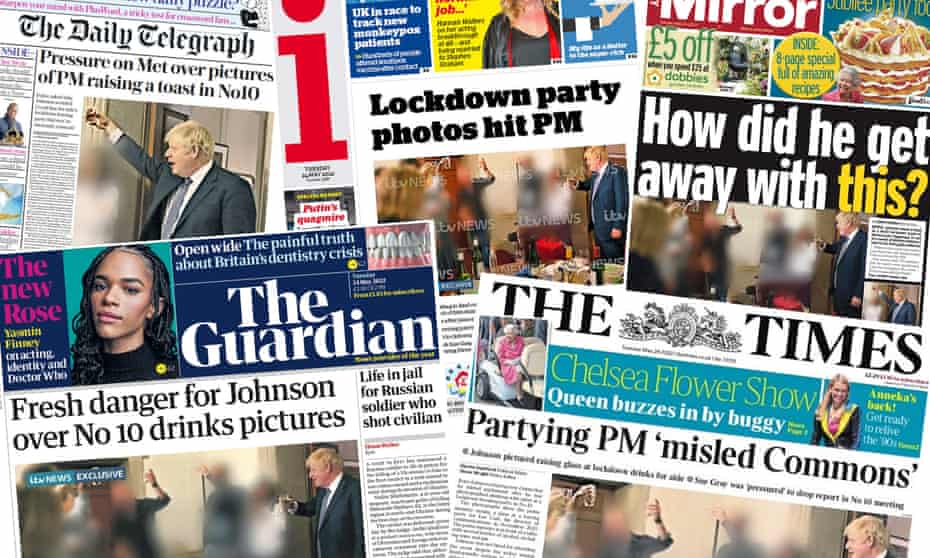Will Israel survive without US support?
Tehran, IRNA – Israel’s dependency on the United States has grown to the extent that has raised doubts whether the regime’s existence can continue without the help of the White House, despite Tel Aviv’s efforts to gain political and economic independence.
Ties between Israel and the US were limited and in fact very cold until the end of 1960s. Relations then turned into a classical form of supporter-client in 1970s and began to become strategic in 1980s, as we see today.
The two sides now have close ties in political, diplomatic, military, and economic fields, among other things. That has raised different opinions about the type of the relations between Washington and Tel Aviv and the fact that which side has dominance over the other.
Moreover, those close ties have raised serious doubts about the future of the Zionist regime and the final cap of the US support for it.
-- US’s all-out support
It is the fifth decade that US-Israel relations have evolved from two-player international ties to reach the current level that Tel Aviv has become a special and strategic partner of Washington. There are surprising figures on the amount of US support for Israel as well as its financial and weapon aid to the regime.
The US has paid political prices for making Israel survive more than any other political issue. Since 1970s, the US has used its veto power at the UN Security Council more than 80 times to annul demand and resolutions by the council. According to Qatar-based Al Jazeera News Network, 53 out of those cases were in support of Israel and rejecting the resolutions meant to put pressure on the regime.
Economically and financially, the United States’ support for Israel has been unprecedented, and the regime has been the biggest receiver of military assistance from Washington.
Until some years ago, the United States had spent more than 146 billion dollars as aid to Israel so far, of which an average of around four billion dollars has been allocated to weapons and arms aids per annum.
The US provides Israel the largest aids in the framework of the regime’s military supremacy doctrine in the Middle East in order to turn it into a regime with the most up-to-date weaponry. Therefore, American authorities refuse to provide Arab states in the region with updated weapons.
However, the White House’s Look East policy in recent years has prompted the Tel Aviv regime to make itself independent from Washington.
Israel is a pariah regime in the eyes of Arab and Muslim public opinion throughout the region and as a result of its lack of strategic depth, the regime does not feel secure.
Even hand-made rockets of Palestinians in the Gaza Strip can reach every point in occupied territories.
In terms of economy and industry, Israel does not have any independent and inclusive economic sector, which can supply its own demands.
The most important source of income of the regime comes from tourism industry, which can be affected badly if insecurity or chaos forces tourists out of the occupied lands.
– Israel’s endeavor for independence
Middle East Monitor, a research website, analyzed US-Israel ties, writing that Israeli officials traveled to several countries to discuss Ukraine War in order to improve Israel’s geopolitical situation both in the Middle East and Europe.
New York Times reported in 2021 that the US’s financial support for Israel stood at about 10 percent of Israeli economy, while the Americans’ four billion dollars in 2020 was estimated as 1 percent of the economy.
Israel is well-aware that the US has changed its political approach towards the Middle East and it is leaning towards the Pacific Ocean and Eastern Europe, so the regime has adopted the strategy of independence and maturity.
– Will Israel survive?
Newsweek weekly has reported that four decades of relationship between the US and Israel ended up in dependence of Tel Aviv on Washington and that the dependency is so deep that it should be asked if Israel can survive without American support.
Israel suffers from severe weaknesses in terms of security issues and because of lack of strategic depth and excessive dependency on revenues from tourism industry, the regime does not have so much flexibility in terms of budget deficit.
Moreover, Israel is fully dependent on the US concerning supply of arms and ammunitions, so other countries such as the UK, France, Russia, and China cannot take the US’s position in affording iron dome and missile power or joint cyber operations.
The general support for Israel may be at a high level in the United States, but political and social trends in the superpower can affect future relationship between the two allies destructively, so Israel may survive, but undoubtedly the continuation of its existence would become very hard and it will experience less security in a much poorer territory; thus, Israeli factions are not keen on returning to dependence on the US.
4208**9417
Follow us on Twitter @IrnaEnglish

